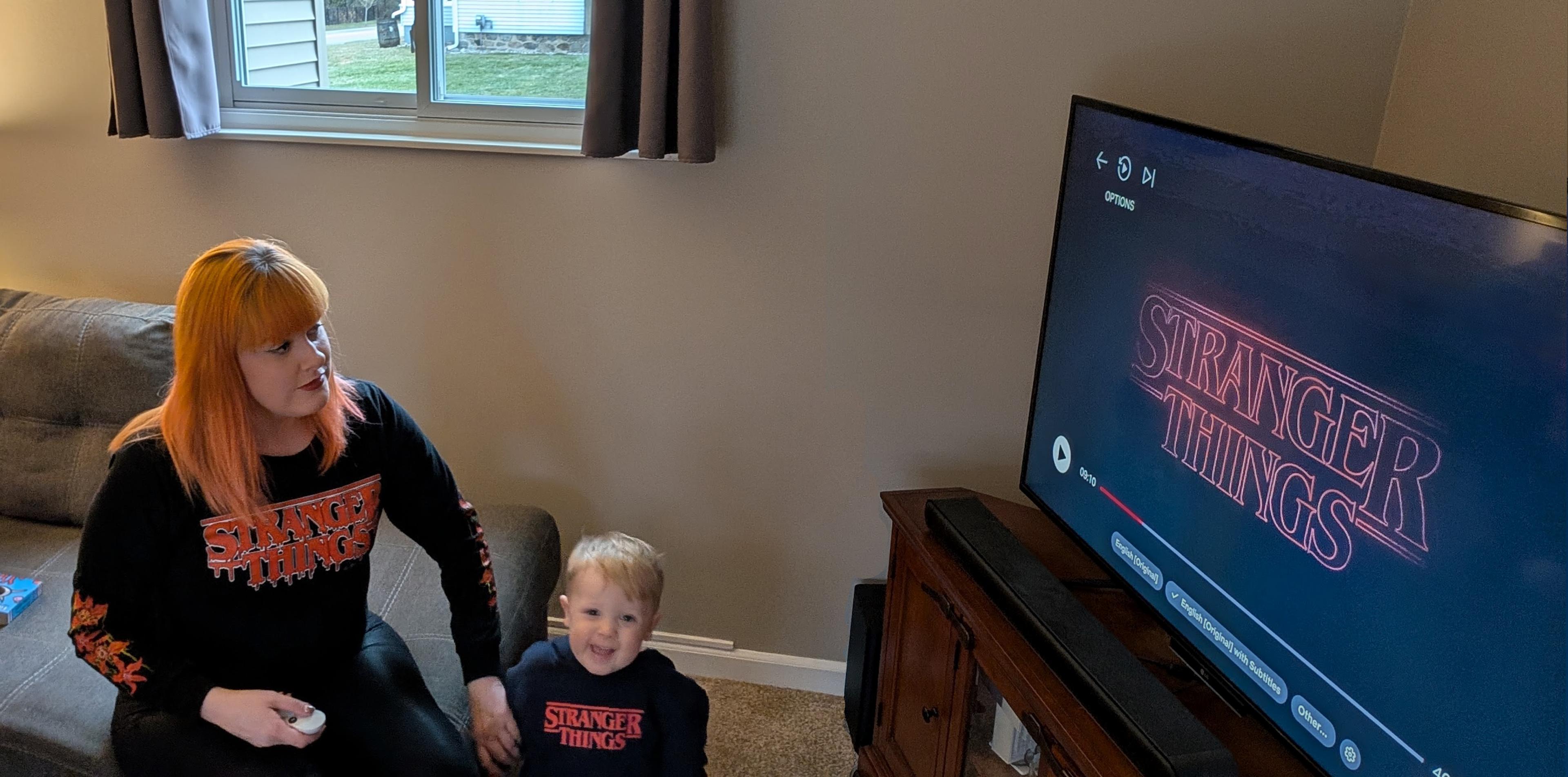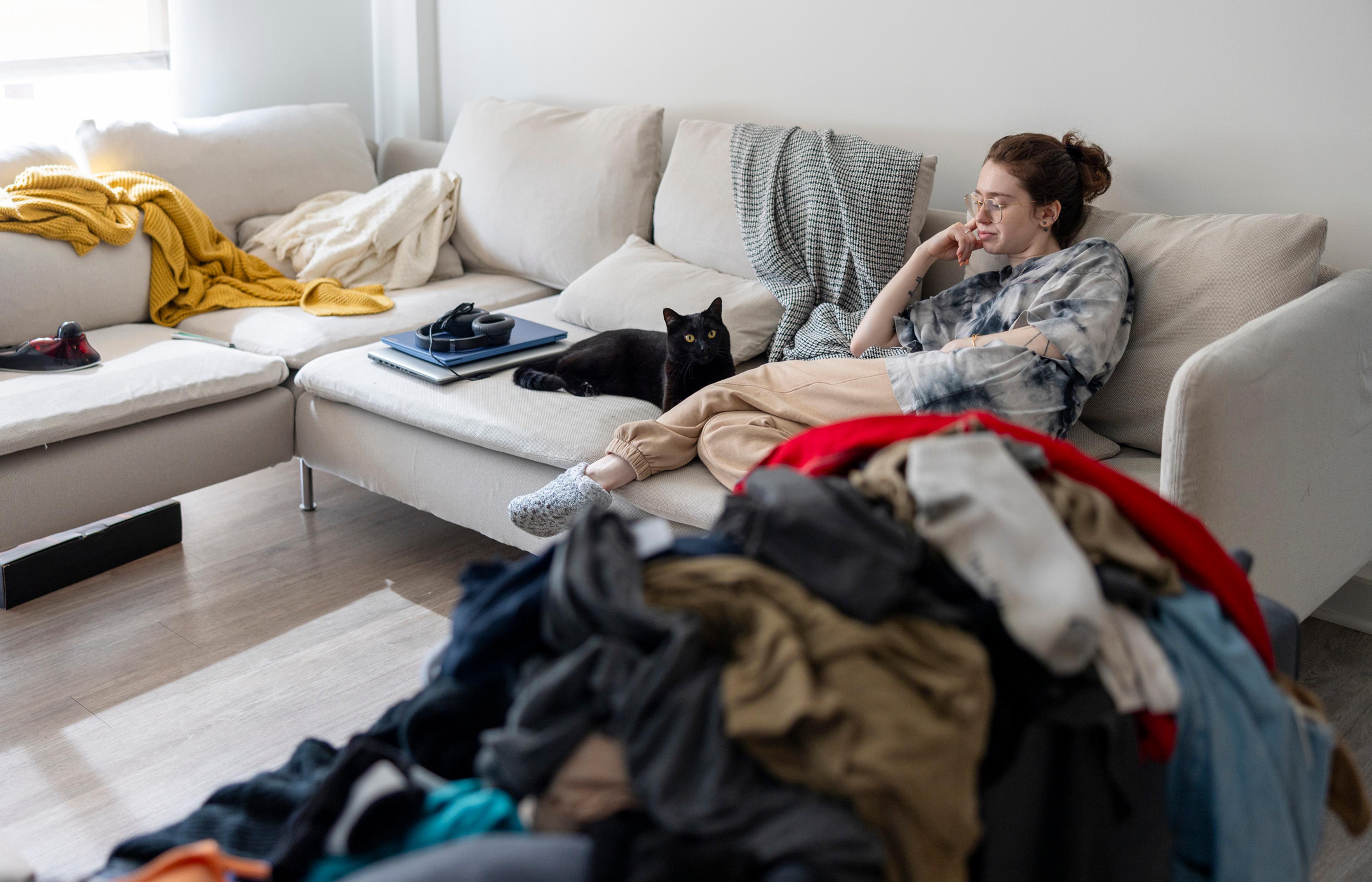Pandemic, Pet’s Death Opens Floodgate of Emotional Pain
Shandra Martinez
| 4 min read

For Tommy Allen, the recent death of his puppy after an accident sent him spiraling emotionally. The grief tapped into the emotions of the pandemic and the reservoir of pain he has endured as a gay man going back decades, including the loss of his partner to AIDS in 1996.
“For me, it was just the reality of experiencing trauma, but then having trauma open up the door for other trauma, like a jam pile has happened in my world. It’s like everything has just kind of piled up. It opened up a floodgate, essentially,” said Allen.
Allen’s experience is part of a larger trend identified in what is believed to be the first-of-its-kind study published in 2019 in the American Journal of Preventive Medicine. It found gays and lesbians are among the U.S. subgroups at an increased risk of suicidal behavior. The authors suggest in their findings that higher rates “may be linked in part to the minority stress and discrimination that lesbian and gay male populations experience.”
When Allen, a well-known West Michigan LGBTQ+ activist and advocate, shared his vulnerability in a moving Facebook post, he was surprised by the outpouring of support by more than 800 people and the online conversation that his honesty sparked.
Addressing pain
He credits the notes he read after seeking emergency behavioral health treatment for encouraging him to continue forward on his path of healing. The emergency care provided an important bridge until he could find a counselor he felt comfortable seeing for longer-term treatment.
Allen found that his story gave others the confidence to privately share with him the depression they were feeling under the strain of the pandemic. This has resulted in a group of people checking in on each other.
“I was ashamed for a while after posting it but let the words of others help me see that what I had shared was actually OK,” said Allen. “I’ve always been an open and honest person, trying to promote different ways of living, and not just as queer people, but as men as well.”
Seeking help was not easy
Seeking help wasn’t easy emotionally or physically. He became so stressed about the prospect, he remembers throwing up.
He feared he might be required to commit to seven to 10 days of residential treatment and medication. For someone who is self-employed as a creative and publisher of an online publication, he couldn’t afford that time off from work.
“This is the reality, that I don’t know if you can take 10 days off to go into a mental health moment,” Allen said.
He says he was looking for a place he could talk through what he was feeling. He ended up at Network 180, which provides much of Kent County’s community mental health services.
Thoughts of suicide
Allen says reaching out for help meant pushing back against the pressure men feel not to show weakness. When asked if he thought about suicide, he felt compelled to be honest.
“When they asked, ‘Do you have suicidal ideation?’ I had to be honest with myself and say yes. We often say that as long as it wasn’t an attempt, we don’t have to talk about it, but the reality is that ideation is just as important as the actual act of someone having gone through something.”
Allen says he found himself with a handful of pills in his hand and realized he came dangerously close to taking them.
Recovery practices
While he appreciated Network 180’s 24-hour access via telemedicine on site, when he began meeting with a counselor for more regular sessions, he wanted to meet in person. When he finished his session, he was told he could return anytime for more counseling.
As part of his recovery, a counselor suggested he pull back on drinking alcohol daily, scrolling social media and watching news reports. All of these behaviors increased for Allen during the pandemic as he spent more than a year mostly at his Grand Rapids home. Research indicates these common practices, especially consumption of alcohol, increased during the pandemic.
That isolation had been particularly difficult for Allen, who is an extrovert and draws energy and inspiration from engaging with others. He found that by pulling back from those three things which could trigger negative feelings, he felt better. He has since brought them back in his life, but in moderation.
“I’ve learned to close the laptop on the weekend,” said Allen. “I know it’s not popular to say that but it’s really important for my mental health to have a weekend, especially in summer.”
Related:
Photo credit: Terry Johnston





